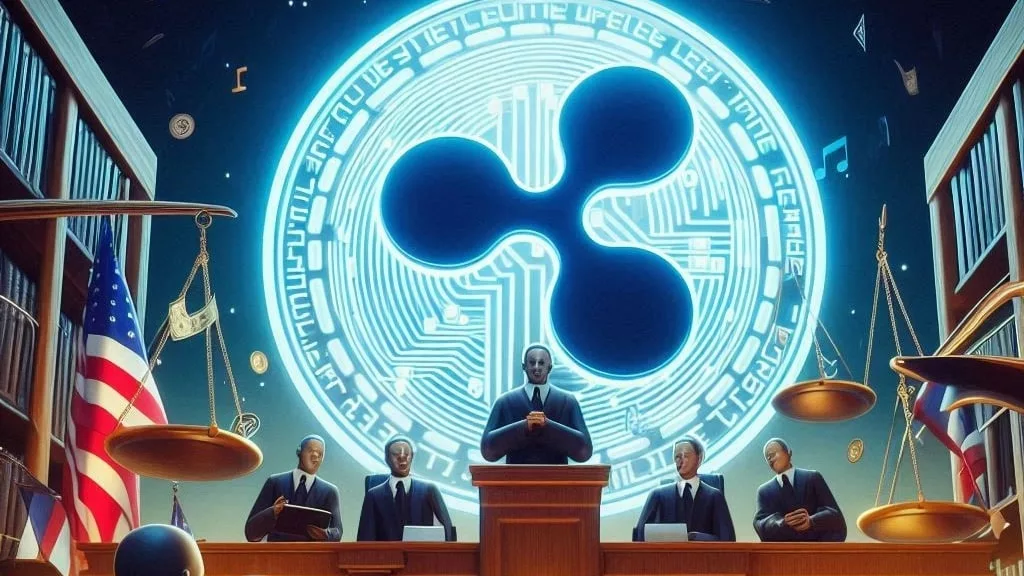
Ripple Labs has formally appealed a crucial $105 million judgment in its prolonged legal case against the U.S. Securities and Exchange Commission (SEC), marking a significant moment in the regulatory debate over cryptocurrency. Attorney Jeremy Hogan, who has closely followed the case, points out that Ripple’s legal arguments have broader implications for the crypto industry, potentially challenging the SEC’s framework and raising key questions around what constitutes an “investment contract.” As Ripple takes a stand against the SEC’s interpretation, the outcome could impact countless other cryptocurrency firms.
Ripple’s appeal, which follows the SEC’s challenge to an earlier ruling that XRP sales on retail exchanges did not breach securities laws, emphasizes four main points that Ripple believes are essential to defending its business and the future of digital assets.
Ripple’s appeal challenges the SEC’s classification of its XRP sales as securities transactions, particularly concerning the agency’s expansive definition of an “investment contract.” If Ripple successfully narrows this interpretation, it could reshape how the SEC regulates digital assets across the board. According to Hogan, Ripple’s legal team is fighting for more than just the company’s future; they aim to set a precedent that could offer protections for the entire cryptocurrency industry.
Ripple’s legal battle with the SEC has the potential to affect regulatory policies for the entire cryptocurrency ecosystem. Should Ripple succeed in challenging the SEC’s interpretation, it could alter how the agency enforces securities laws in the future. Specifically, a favorable ruling for Ripple may force regulators to refine their criteria, potentially sparing some digital assets from strict securities classification.
The crypto community is closely watching, as a Ripple victory could challenge what many see as restrictive practices by the SEC, potentially ignite a wave of legal reform that benefits the broader industry.
Attorney Jeremy Hogan estimates an 80% chance that Ripple will come out in a better position post-appeal, though he notes that a complete “win” may be unlikely in such a complex case. Outcomes in high-stakes lawsuits like this one are often a mix of wins and concessions. Even partial success could reduce the financial penalties Ripple faces and lessen regulatory restrictions, but the prolonged legal battle has other costs.
Ripple’s ongoing legal efforts may delay other projects and innovations within the company. Extended court proceedings often lead to market volatility, which could influence investor confidence in XRP. Moreover, if Ripple’s appeal falters, the outcome could set a precedent that strengthens the SEC’s regulatory approach, potentially affecting future projects in the crypto sector.
Ripple’s appeal signifies a pivotal moment in the struggle for regulatory clarity in the cryptocurrency market. As the legal proceedings continue, XRP investors and the wider crypto community should monitor developments closely. While Ripple’s challenge is costly and complex, it underscores the need for clearer regulations for digital assets.
Should Ripple’s arguments resonate with the courts, the resulting regulatory changes could benefit the broader crypto ecosystem, making it easier for businesses to innovate without the constant threat of legal obstacles. Conversely, an unfavorable outcome could lead to tighter regulations, with a ripple effect on the cryptocurrency industry.


Get the latest Crypto & Blockchain News in your inbox.